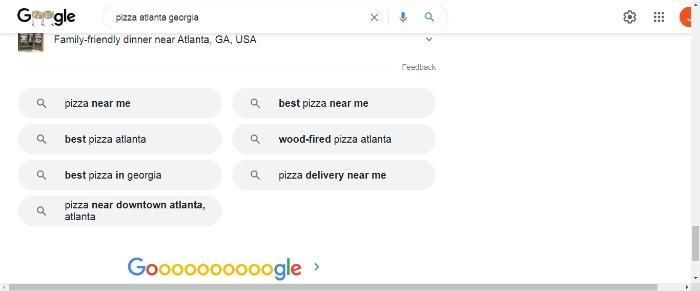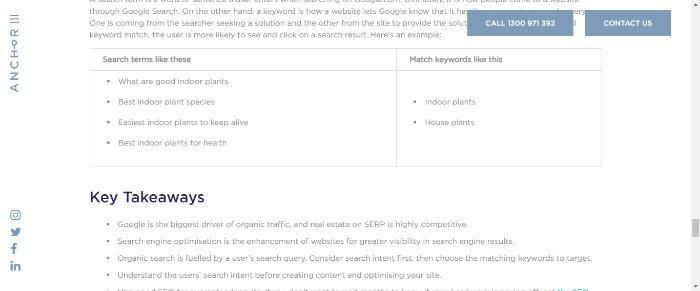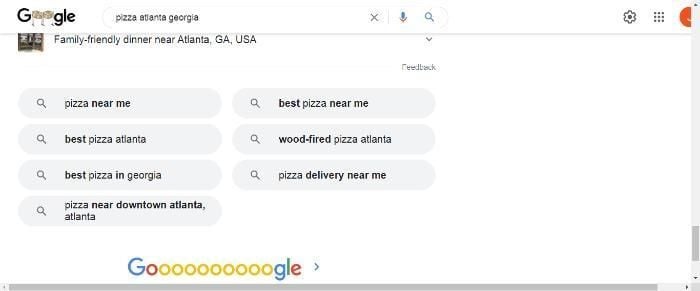What Is Search Intent?

By Neil Patel
Have you been racking your brain trying to gain better visibility on Google?
Chances are you’ve probably heard the term ‘search intent’ or keyword intent, or user intent, as some call it, while figuring out your basic SEO strategy.
Whatever your preferred term, it all comes down to the same thing: when a person conducts a search online, they have a main purpose in mind. For example, they might be thinking about buying a new car, and they’re researching car models.
Alternatively, they may be looking for a local service, like a dentist or hairdresser. Or perhaps they’re just in the mood for fast food and want to buy a burger and fries.
Many SEOs are focusing on search intent because Google’s changing algorithms mean that content relevance is more important than ever. Basically, Google wants to rank pages that best answer the searcher’s query.
You can often see search intent queries when you look online. Here’s an example: If I search for ‘pizza in Atlanta, Georgia,’ I get a list of local stores. If I was to pick a specific neighborhood in the city, I would get an even more specific set of stores.
However, Google then goes a step further.
It knows I’m hungry for pizza and in a buying mood, and it autogenerates alternative terms for me. In short, the search engine understands my search intent and offers me suggestions to meet my needs.
When you create content, you need to do the same: understand what the searcher wants through the keywords and terms they use, and develop content, offers, and lead magnets to match their demands.
The Basics of Search Intent
You should have a clear idea of search intent by now, and why it’s important you understand what your buyer is looking for.
Just so you get an even better picture of the difference between search intent and regular keywords, this image illustrates it well:

See? If you were in the gardening niche, you could write any number of articles around those search terms or offer a lead magnet detailing the best indoor plants.
There are numerous advantages to going beyond just keywords and aiming to understand the searcher’s intent.
As you see from my example in the intro, search intent has the potential to put your website in front of the searcher, increasing your chances of a click-through, a conversion, and, ultimately, perhaps a loyal customer. Then there are other benefits, like:
- You can improve your website’s search engine ranking: Search engines like Google use algorithms to rank websites based on how well they match the searcher’s intent. If you can create content that better meets people’s wants and needs, it’s likely to rank higher in the search results.
- You can better target your audience. Create relevant content to attract and …read more
Source:: Kiss Metrics Blog







